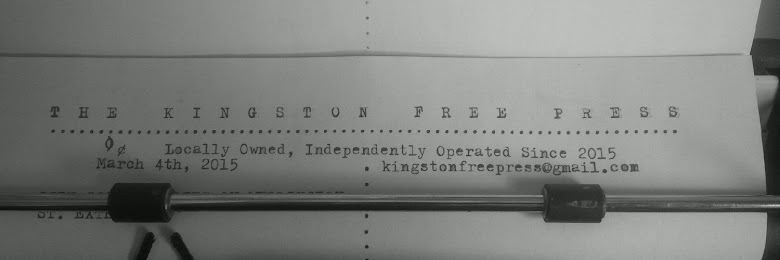To be fair, in the dystopian reality of Earth after the end of the Cold War, too many members of NATO have become complacent in their national security, content to allow the United States with its overwhelming military might to save them; Canada is hardly alone in this. Yet the fiction of our ability to influence world events and effectively fight modern wars is part of the national mythology. The era of peacekeeping, defined by poorly equipped troops standing in the middle of dormant conflicts, somehow became part of our national identity despite the ineptitude of the United Nations which oversaw them and all too often dropped the ball on the people they were meant to protect. The Rwandan genocide exposed the harsh truth of peacekeeping: unless your country has strategic value to the great powers through location, resources, or the threat of aligning with a rival, nobody cares about you.
To those educated in the realist school of foreign policy and world affairs, none of this is new. States will only act and expend precious resources if doing so behooves their national interest. The Canadian assumption that someone will save them in a moment of crisis simply because the whole world loves them is a naive, ignorant, and dangerous attitude.
One might ask what the solution to this conundrum is. It is the realisation of harsh truths: Canada should not waste countless billions producing modern warships at home simply to dole out political pork and create a blue-water navy that it does not truly need. The Royal Canadian Navy would be better served by a small fleet of new, foreign-purchased submarines that actually work. The RCAF does not need the latest, greatest, stealth jets in the form of the F-35; rather, a large number of cheaper, widely dispersed, camouflaged, and protected aircraft accompanied by effective aerial defence would do the job of home defence far better. Essentially, Canada is not the United States, and spending untold sums to replicate its strategic tasks in miniature only serves to further weaken a country with massive stretches of undefended coastline, and neighbours who come across as increasingly hostile.
However, the blind production and ownership of weapons of war is one of the most pointless endeavours humans have ever engaged in. Canada is not and never will be a war-mongering nation. My proposal is this: turn Canada into a giant Switzerland, a neutral country capable of defending itself viciously that nobody would dare to invade due to the massive cost involved. In many ways this requires spending more money than before, but virtually any effective defence policy would cost more than we currently have, and much of it could be achieved by redistributing funds earmarked elsewhere.
Many are watching the dark clouds making up the gathering storm waiting once again to envelope the globe and unleash its fury. The parallels with the 1930s and the leadup to the Second World War are all too obvious. Canada can be an effective ally by building its defences, expanding its militia, and abandoning expensive projects that serve only to pour taxpayer dollars down gigantic procurement holes. Anything less will see to it that when the shit hits the fan, the cards are on the table, and the ranked masses arrayed against one another, we are simply unprepared for the reality ahead.
FMC 04/01/2016

No comments:
Post a Comment